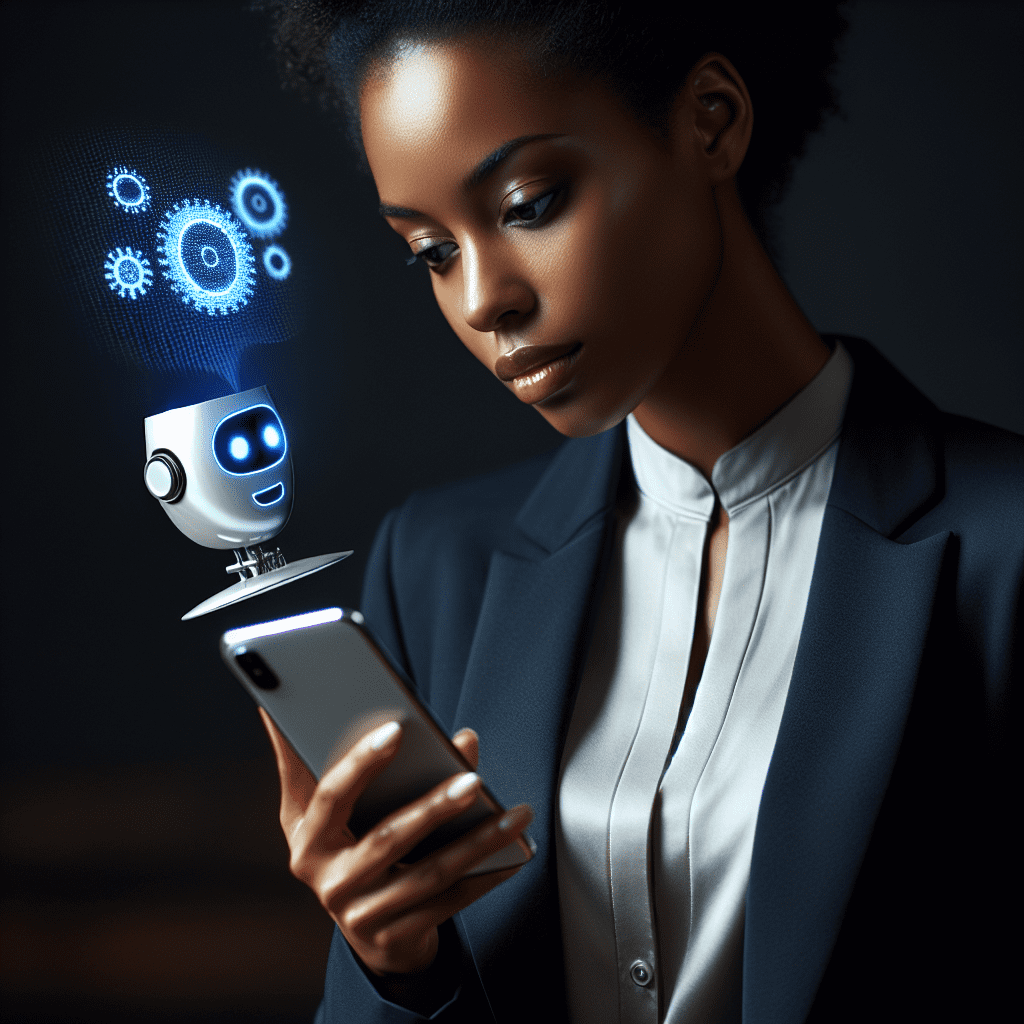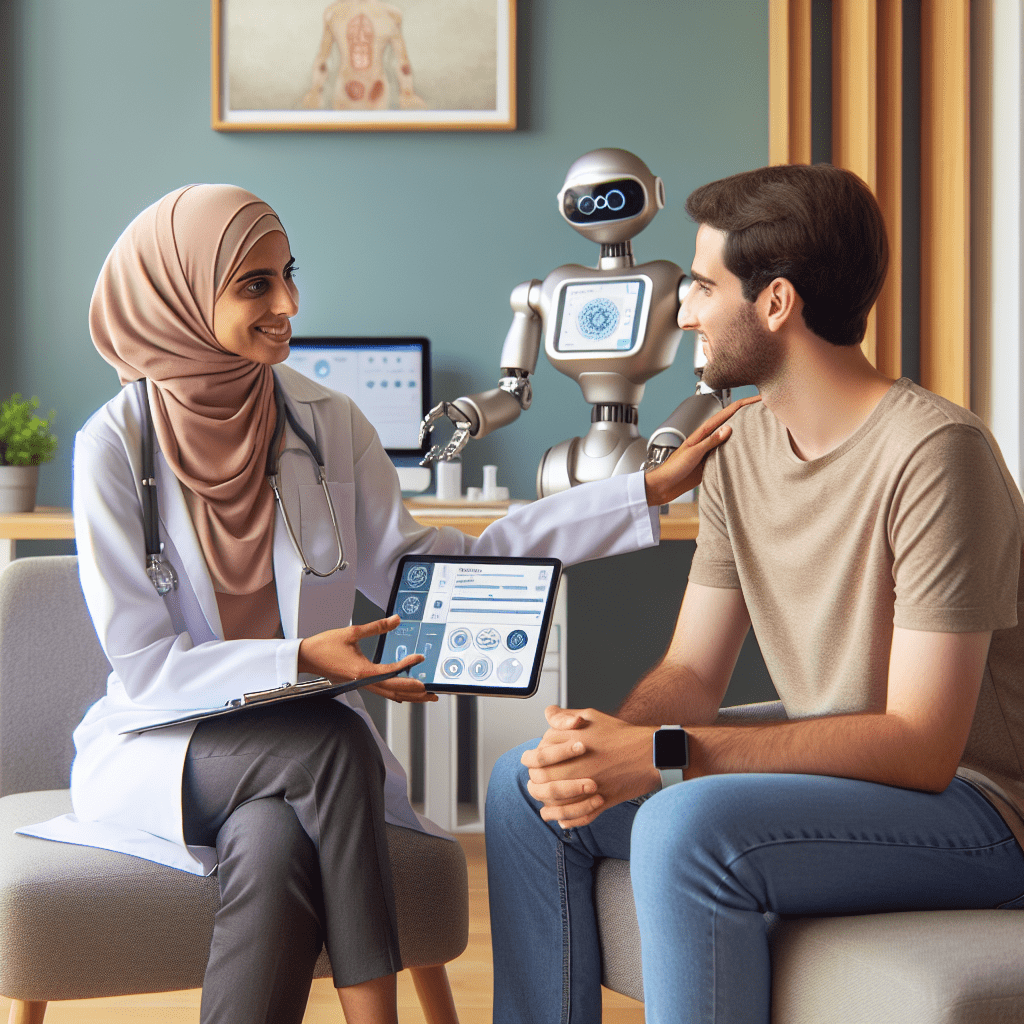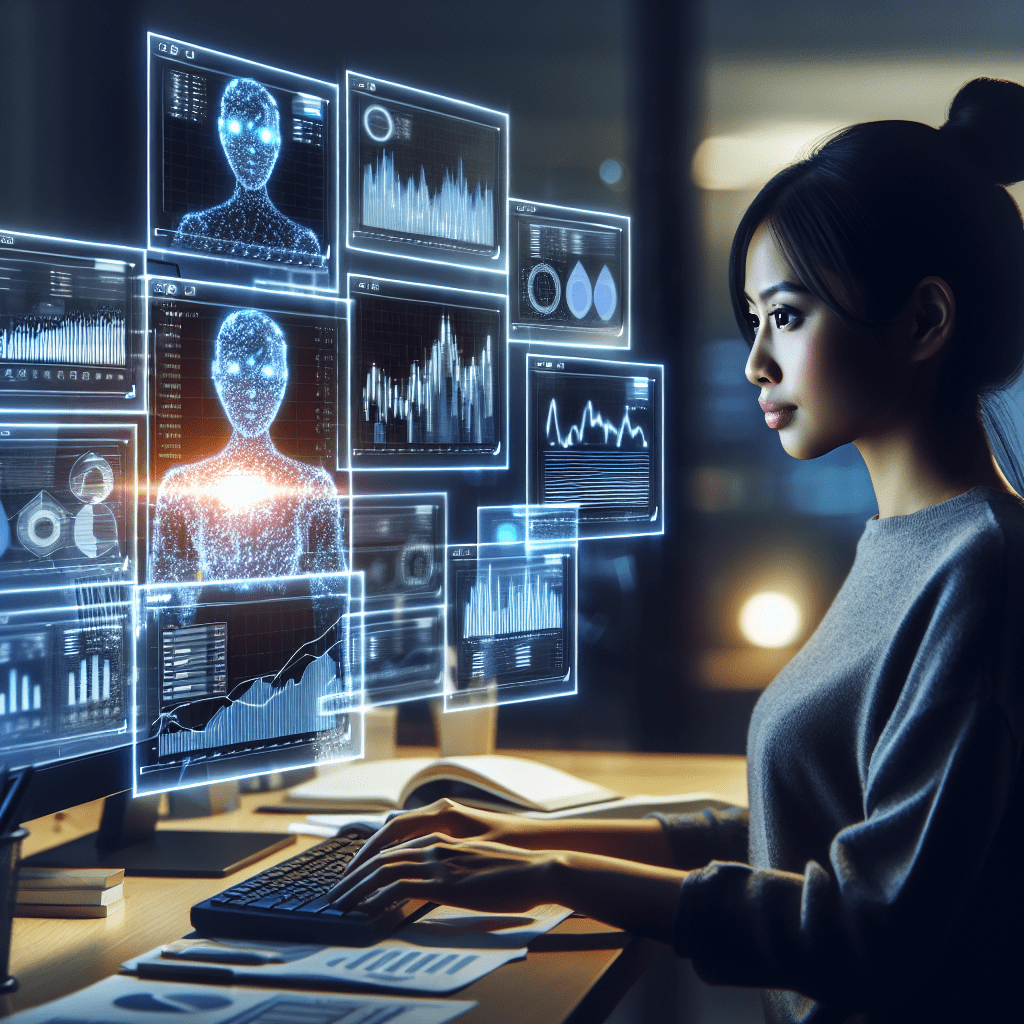Table of Contents
In today’s fast-paced, technology-driven world, professionals across industries are turning to AI-powered personal assistants to streamline their work, boost productivity, and make better-informed decisions. These intelligent tools leverage natural language processing, machine learning, and vast knowledge bases to understand complex queries, provide instantaneous answers, and even anticipate user needs. From scheduling meetings to analyzing market trends, AI assistants are becoming indispensable allies in the modern workplace.
Understanding the Rise of AI Personal Assistants
The rapid advancement of artificial intelligence technologies, combined with the ubiquity of smartphones and cloud computing, has paved the way for sophisticated personal assistants that go beyond simple voice commands. Today’s AI assistants are deeply integrated into enterprise software systems, learning from user behavior and corporate data to provide highly personalized, context-aware support.
As Siri co-founder Tom Gruber explains, “AI assistants are not just about answering questions or performing tasks. They’re about augmenting human intelligence and helping people make better decisions.”

Transforming Healthcare with AI-Powered Efficiency
In the healthcare sector, where time is of the essence and accuracy is paramount, AI personal assistants are proving to be game-changers. Doctors and nurses can now rely on these intelligent tools to quickly access patient records, review treatment guidelines, and even analyze medical images for potential abnormalities.
For example, Saykara’s AI assistant helps physicians document patient encounters in real-time, using natural language processing to automatically generate structured notes and orders. This not only saves valuable time but also ensures more accurate and complete documentation, ultimately improving patient care.

Empowering Financial Professionals with Instant Insights
In the world of finance, AI personal assistants are enabling professionals to make smarter, faster decisions by providing instant access to market data, financial news, and analytical tools. These intelligent assistants can monitor stock prices, alert users to significant market movements, and even offer personalized investment recommendations based on user preferences and risk profiles.
One such tool is Erica, Bank of America’s AI-powered virtual financial assistant. Erica can help customers check balances, make payments, and receive personalized financial guidance through natural conversations. By leveraging machine learning and behavioral insights, Erica continuously adapts to each user’s needs, offering an unparalleled level of personalized support.

Enhancing Collaboration and Productivity in the Workplace
Beyond industry-specific applications, AI personal assistants are also revolutionizing the way teams collaborate and manage their work. Tools like Slack’s AI assistant can help users prioritize tasks, find relevant information within conversations, and even suggest responses based on context.
Meanwhile, project management platforms like Trello are integrating AI to automatically categorize tasks, suggest due dates, and notify team members of potential roadblocks. By automating routine tasks and providing intelligent recommendations, these AI assistants allow teams to focus on higher-value work and make the most of their time.

The Future of Work: Human-AI Collaboration
As AI personal assistants become more sophisticated and widely adopted, it’s clear that the future of work will be defined by human-AI collaboration. Rather than replacing human judgment and creativity, these intelligent tools will augment and enhance our abilities, allowing us to work smarter, faster, and more effectively.
However, the rise of AI assistants also raises important questions about privacy, security, and the ethical use of data. As we increasingly rely on these tools, it’s crucial that we develop robust guidelines and safeguards to ensure that they are used responsibly and transparently.
Conclusion
AI personal assistants are no longer a futuristic concept – they are here, and they are transforming the way we work across industries. From healthcare to finance, these intelligent tools are empowering professionals to make better decisions, automate routine tasks, and focus on what matters most. As we navigate this new era of human-AI collaboration, it’s essential that we embrace the potential of these technologies while also remaining mindful of the challenges and responsibilities they bring. With the right approach, AI personal assistants have the power to revolutionize productivity and drive innovation on a global scale.